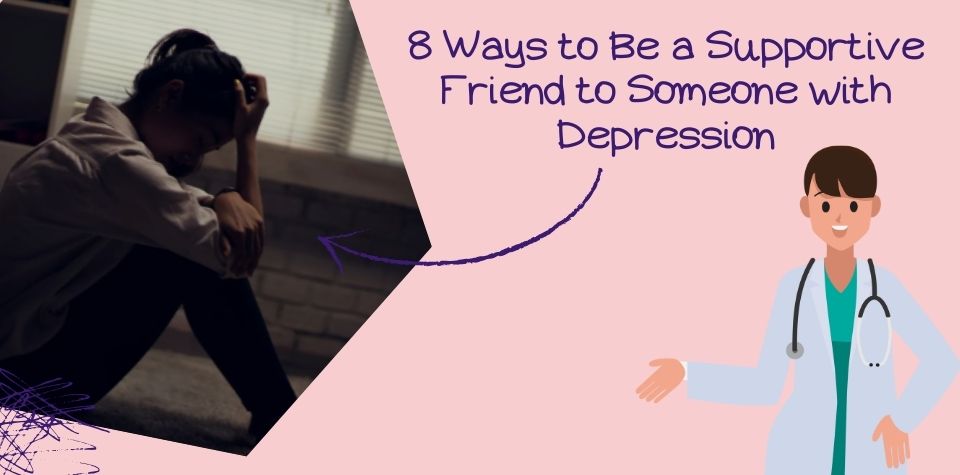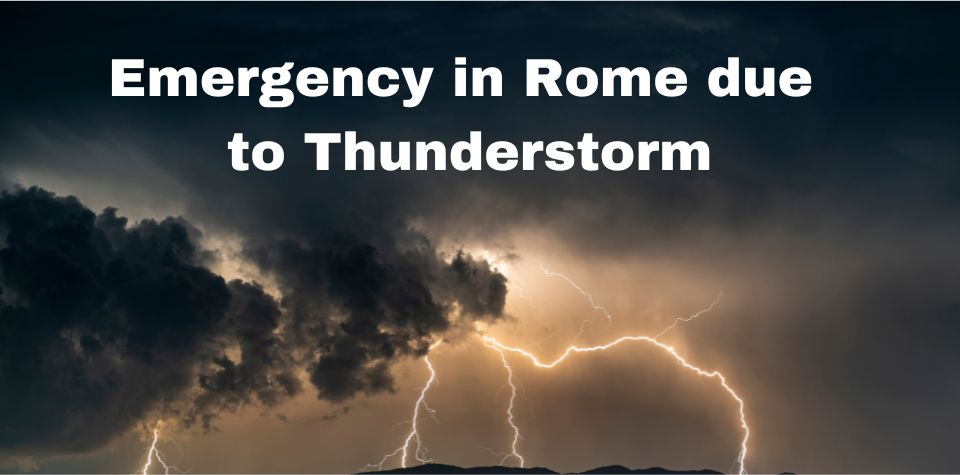Dengue fever is a mosquito-borne viral infection that poses a significant health threat in many parts of the world. With its prevalence in tropical and subtropical regions, understanding the dengue symptoms, precautions, and treatments for dengue is crucial for early detection and effective management.
In the further lines, we will delve into the various aspects of dengue, from its symptoms to the latest treatment approaches, empowering readers with valuable insights for a swift recovery. Keep reading to dive into the depth of the topic.
What is Dengue?
The dengue virus is the primary cause of dengue fever, and it primarily infects people through the bites of Aedes mosquitoes, especially Aedes aegypti. These mosquitoes are active during the day, and they frequently nest near standing water, which is a common occurrence in urban and semi-urban environments. Dengue fever is a common disease in tropical and subtropical locations. Parts of Africa, the Americas, Southeast Asia, and the Pacific Islands have all seen outbreaks of the virus.
Dengue symptoms
The symptoms of dengue can vary, and the severity of the illness may range from mild to severe. Common symptoms of dengue fever include:
- High Fever: Sudden onset of a high fever, often reaching up to 104°F (40°C).
- Severe Headache: Intense pain in the forehead region.
- Pain Behind the Eyes: Pain and aching behind the eyes which may worsen with eye movement.
- Joint and Muscle Pain: Severe joint and muscle pain, often referred to as “breakbone fever.”
- Fatigue: Extreme tiredness and weakness.
- Nausea and Vomiting: Feeling nauseous and vomiting.
- Skin Rash: A rash may appear a few days after the onset of fever. It is often maculopapular (red spots) and can be itchy.
- Mild Bleeding: Some people may experience mild bleeding, such as nosebleeds, gum bleeding, or easy bruising.
- Mild to Severe Hemorrhagic Symptoms: In severe cases, dengue fever may progress to DHF (dengue hemorrhagic fever) or DSS (dengue shock syndrome). Symptoms of these extreme forms may include bleeding, blood plasma leakage, and shock.
It’s important to note that not everyone infected with the dengue virus will develop severe symptoms. In many cases, the illness is self-limiting and resolves on its own. However, severe cases can be life-threatening, and clinical attention should be sought if symptoms worsen or if warning signs of severe dengue develop.
Dengue Precautions
Preventing mosquito bites and lowering mosquito breeding sites are key measures to prevent dengue fever. Here are a few precautions and preventive measures:
Use Mosquito Repellent:
- You should apply mosquito repellent to exposed skin and clothing.
- Use repellents containing DEET, picaridin, or oil of lemon eucalyptus.
Wear Protective Clothing:
- You should wear long-sleeved shirts, socks, long pants, and shoes to minimize exposed skin. By doing these, you may protect yourself from mosquito bites.
Avoid Peak Mosquito Activity:
- Mosquitoes that transmit dengue are most active during early morning and late afternoon. You should try to avoid outdoor activities during these times.
Use Mosquito Nets:
- Sleep under a mosquito net, mainly if you are in an area where dengue is prevalent.
Eliminate Breeding Sites:
- Remove or empty containers that collect and hold water, as stagnant water is a breeding ground for mosquitoes.
- Regularly clean and scrub vases, flowerpot saucers, and other containers that hold standing water.
- It would help to keep gutters clean and debris-free to prevent water from pooling.
Install Screens:
- Install window and good-quality door screens to keep mosquitoes out of living areas.
Dispose of Trash Properly:
- Properly dispose of discarded items that can collect rainwater, such as old tires, cans, and bottles.
Community Efforts:
- Encourage community efforts to clean up and eliminate breeding sites in public spaces.
Stay Informed:
- Stay informed about dengue outbreaks in your area and take appropriate precautions.
Seek Medical Attention:
- If you experience symptoms of dengue, seek medical attention promptly for a proper diagnosis and appropriate care.
There is no specific medication or vaccine to treat or prevent dengue. Therefore, prevention is primarily focused on avoiding mosquito bites and reducing the mosquito population. Community-wide efforts and individual actions are crucial in controlling the spread of dengue fever. If you live in or are traveling to an area where dengue is endemic, staying vigilant and following these precautions may significantly reduce the risk of infection.
Treatment of Dengue Fever
There is no particular antiviral drug to treat dengue fever, and the management is mainly supportive. Most people with dengue fever recover on their own with proper medical care. If you suspect you have dengue fever or are experiencing symptoms, it’s crucial to seek medical attention for a proper diagnosis and management. Here are a few general measures and treatments used in the management of dengue fever:
Fluid Replacement:
- Adequate hydration is crucial. Drinking lots of fluids, like coconut water, helps prevent dehydration, which is a common complication of dengue fever.
- In severe cases, intravenous (IV) fluids may be necessary to maintain fluid balance.
Pain Relievers:
- Acetaminophen (paracetamol) is usually recommended to relieve pain and reduce fever.
- You should avoid NSAIDs (nonsteroidal anti-inflammatory drugs) such as ibuprofen, as they can increase the risk of bleeding.
Rest:
- Getting plenty of rest is vital for recovery.
Monitoring:
- Regular monitoring of vital signs, platelet count, and other relevant parameters is essential, especially in severe cases.
Hospitalization:
- In severe cases, or if warning signs of severe dengue develop, hospitalization may be necessary.
- Severe cases may progress to DHF (dengue hemorrhagic fever) or dengue shock syndrome (DSS), which require immediate medical attention.
Blood Transfusion:
- In cases of severe bleeding or very low platelet counts, blood transfusions may be required.
Patients with dengue fever must avoid drugs like Aspirin and NSAIDs, as they can increase the risk of bleeding. NSAIDs and Aspirin should be avoided until dengue is ruled out and the platelet count is normal.
Early detection and appropriate medical care are essential for managing dengue fever effectively and preventing complications. If you suspect you have dengue or are in an area where dengue is prevalent, you should consult a healthcare expert for guidance on diagnosis and treatment.
Conclusion
I hope you find this blog informative. Dengue fever is still a severe threat to international health, mostly in areas with tropical and subtropical climates. Mosquito control, personal protection gear, community involvement, and health education should be the main focuses of prevention initiatives. It is imperative to seek clinical attention promptly in order to manage symptoms and avoid consequences. Future control and prevention methods that are more successful are anticipated thanks to ongoing research and the creation of a dengue vaccine. In the fight against dengue fever, community involvement, and public awareness are essential components that highlight the significance of a coordinated and all-encompassing strategy to lessen the disease’s impact on world health.
For more trending updates or fitness tips, click here!











